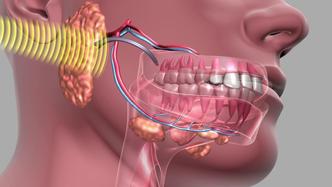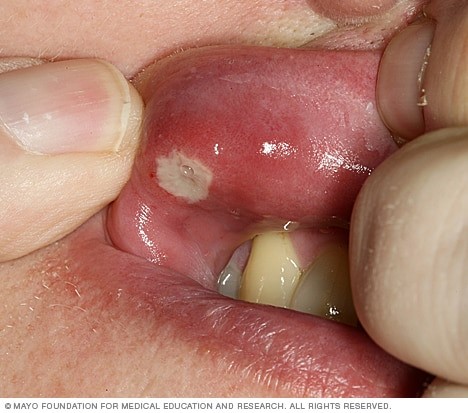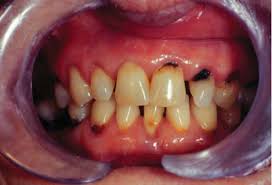SHARES

Do you feel persistent dryness in your mouth or throat? Often with cracked lips or bad breath? Dry mouth can be very uncomfortable even for a short while. Dry mouth, also known as xerostomia occurs when the salivary glands in your mouth don’t produce enough saliva.
Firstly, as a matter of fact, saliva plays an important role in our bodily functions.
For instance, it helps to moisten and break down food thus facilitating digestion process. Besides that, it also acts as a major defence mechanism for good dental health by protecting your mouth from gum problems and tooth decay. This is because saliva contains minerals such as calcium and phosphate which help keep teeth strong.
The condition of dry mouth can happen to anyone occasionally, such as when feeling stressed or nervous. However, some may experience it more often than others due to various reasons. When dry mouth persists, it can make eating, swallowing or even talking difficult. There are several factors which can contribute to this problem, such as certain medications, health conditions, dehydration, smoking and cancer treatments (radiation and chemotherapy).
 Head and neck radiotherapy Image source
Head and neck radiotherapy Image source
Signs and symptoms
When there is decreased saliva production, we often experience:
- Parched or dry feeling in mouth
- Bad breath
- Dry throat
- Cracked lips
- Altered taste
- Mouth sores
 Mouth sore Image source
Mouth sore Image source
Complications
When dry mouth is left untreated, it may develop into other problems such as:
- Halitosis (bad breath)
- Dental cavities
 Dental cavities Image source
Dental cavities Image source
- Gingivitis (gum disease)
- Fungal infections
- Speech changes
- Burning sensation in mouth
- Improper denture fit
6 Home Care Tips for Dry Mouth
Most of the time, dry mouth is a temporary and treatable condition. Equally important to know is, there are several ways to help ease a dry mouth yourself.
# 1 – Stay hydrated and take regular sips of water throughout the day.
# 2 – Chew sugarless gums or suck on sugarless candy.
# 3 – Use over-the-counter saliva substitutes.
# 4 – Avoid alcohol, tobacco and caffeine.
# 5 – Use a humidifier, especially at night to help moisten the surrounding air when sleeping.
# 6- Brush your teeth and gums with a soft-bristled toothbrush and go gentle each time. A fluoride rinse is good to prevent tooth decay.
Conclusion
Dry mouth is not a normal part of aging process. It can be caused by an underlying health condition thus requiring additional treatment. If you experience prolonged or worsening dry mouth problem, consult a dentist or doctor for more information on the condition.
If you need to consult a Dental Surgeon: call, send an enquiry or book an appointment on GetDoc.
Find a Dental Surgeon in Malaysia, on GetDoc
Find a Dental Surgeon in Singapore, on GetDoc
by Soh May Leng
Born and raised in Malaysia, May Leng obtained her Bachelor of Dental Surgery from the University of Otago, New Zealand. She has joined the GetDoc team to relay valuable health information to the public. Staying active plays a big part in her daily life especially through outdoor sports such as running and swimming. She also enjoys travelling and has a passion for photography. View all articles by Soh May Leng.






